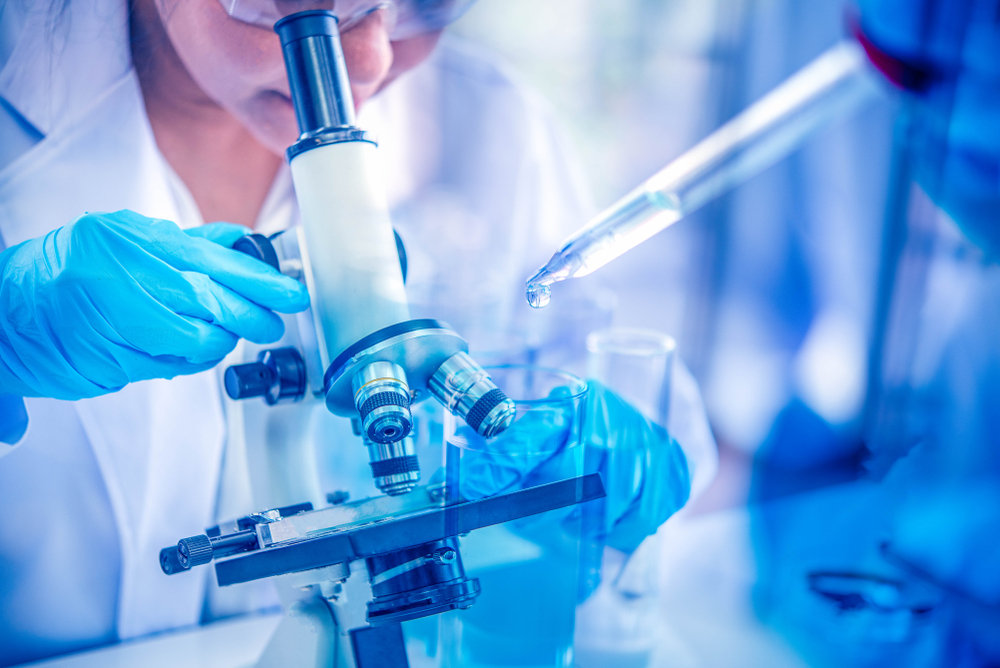Scientists discover anti-ageing protein that stops 'zombie' cells that can trigger cancer

Scientists have discovered a protein that could stop 'zombie' cells from forming and slow down the ageing process.
As we age, some cells live longer than they should and instead of being cleared away, linger in the body causing a build-up of cellular rubbish.
These so-called zombie cells raise the risk of age-related diseases including Alzheimer's, heart failure and some cancers.
Now, researchers in Japan have found that a protein called HKDC1 is vital for hoovering up damaged mitochondria — the powerhouse of cells — and repairing lysosomes, which are needed to break down and clear away worn-out cell parts.
As we age, some cells live longer than they should and, instead of being cleared away, linger in the body causing a build-up of cellular rubbish
When mitochondria and lysosomes aren't working as they should, cells don't function as they should and become zombies.
A 'tidy cell seems to keep ageing at bay', meaning medications targeting HKDC1 could treat age-related diseases, according to the scientists.
Until now, researchers didn't fully understand how mitochondria and lysosomes were regulated.
However, they knew a protein called transcription factor EB (TFEB) was involved.
Scientists from Osaka University discovered that HKDC1 is crucial to help boost levels of TFEB, keeping levels of these two organelles in check and 'preventing cellular senescence' — when cells live longer than they should.
Writing in the journal Proceedings of the National Academy of Sciences, the researchers said low levels of HKDC1 resulted in 'mitochondrial dysfunction' and 'the accumulation of damaged lysosome'.
At sufficient levels, by stopping cells lingering for too long, the protein effectively 'helps to take out the mitochondrial trash' and 'help lysosomes to recover from damage'.
The researchers now hope the findings could pave the way for new treatments to fight against ageing-related conditions.
Medications that increase levels of HKDC1 could therefore boost cell health and ward of ageing, the study suggests.
More blog posts
Search by popular tags;